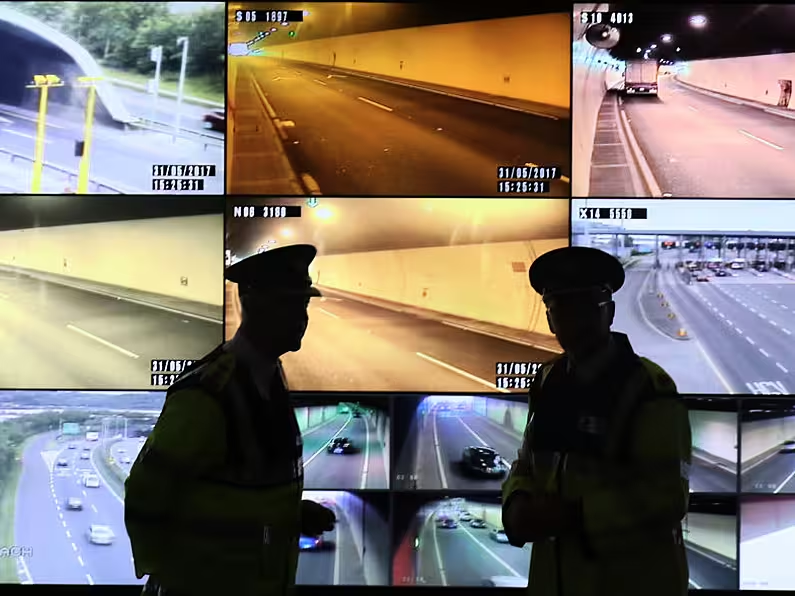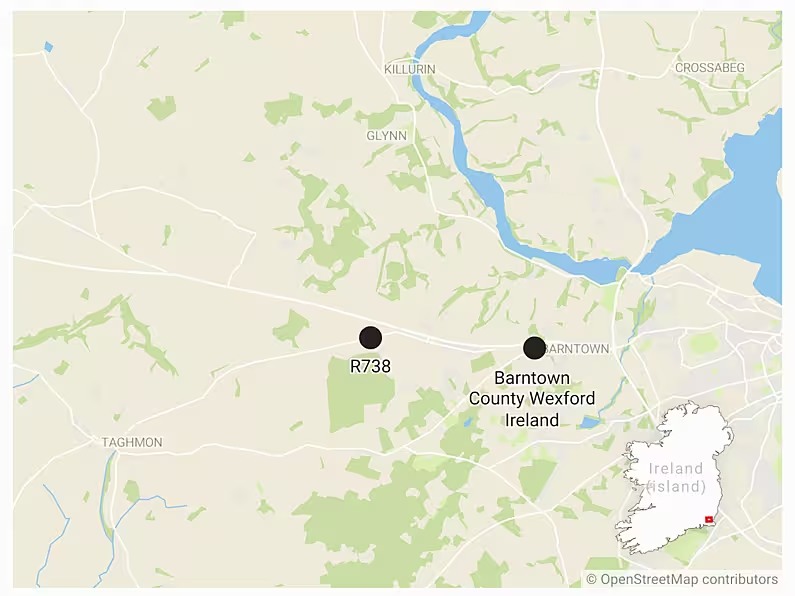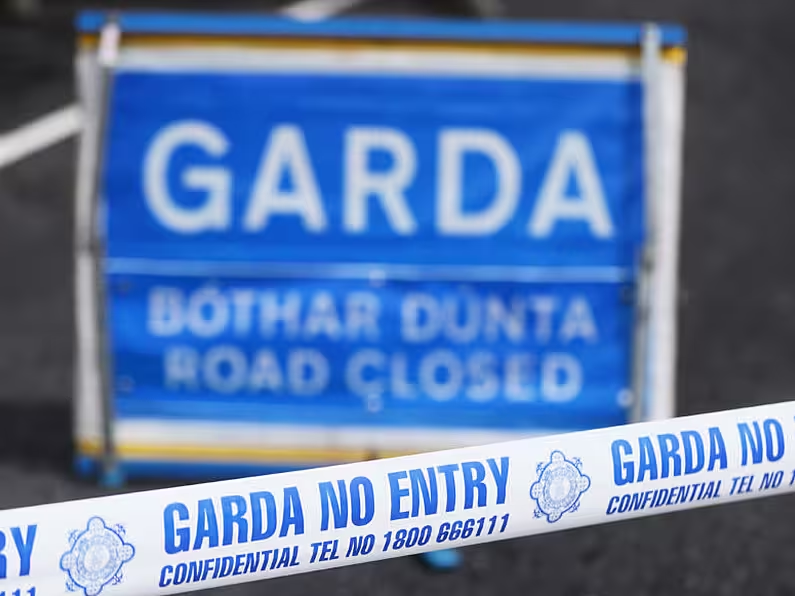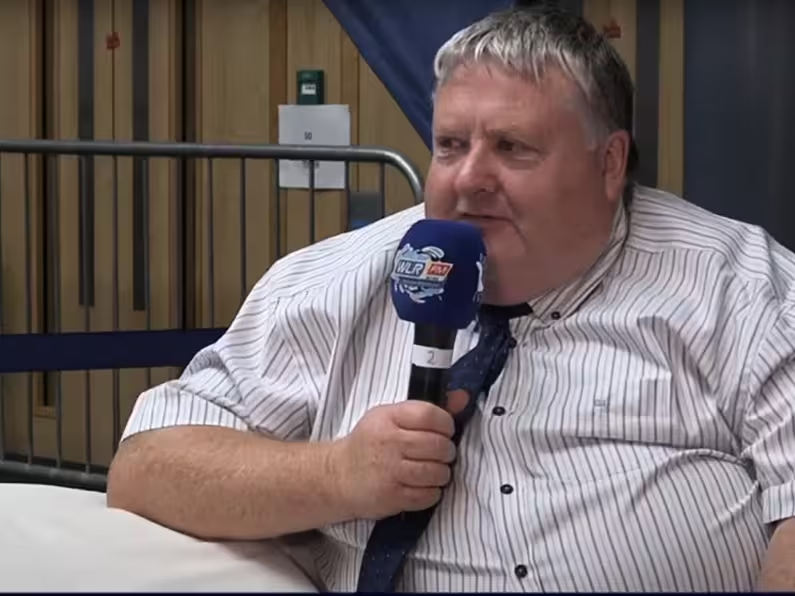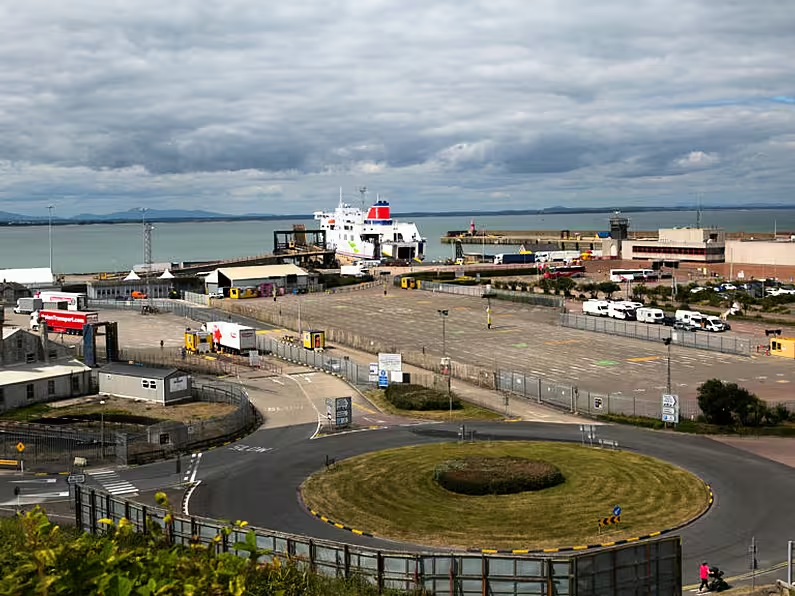Sarah Slater
A traffic scheme to inform on reckless and dangerous drivers will be relaunched in the coming months due to its low number of convictions, according to gardaí.
Originally piloted in the southeastern region covering counties Waterford, Kilkenny, Tipperary, Wexford and parts of Wicklow, the Garda Traffic Watch Scheme asked motorists to call a telephone hotline if they see inappropriate behaviour.
Set up in November 2001, the scheme went nationwide in February 2004 in partnership with the Road Safety Authority (RSA) and the then National Roads Authority, now Transport Infrastructure Ireland (TII).
Over that period some 3,800 calls were received from the public, according to the then Garda National Traffic Bureau, now known as the Garda National Roads Policing Bureau (GNRPB).
Of the calls received and subsequent investigations, more than 1,000 drivers were formally cautioned about their behaviour on the roads. A total of just 30 people have also been prosecuted in the courts, including one motorist who was fined €150 for throwing chips from a car window.
Large billboards with the lo-call number 1890 205 805 were also displayed throughout the country for a time in a bid to empower road users to play a proactive role in the enforcement of traffic laws. By May 2004, Traffic Watch figures revealed that since it was extended across the State a total of 841 calls had been received.
Currently, traffic calls are answered and logged by civilian personnel at the Garda Information Services Centre, Castlebar, Co Mayo.
No recent data
Little is known about how successful the scheme has been since 2004 and figures requested to the Garda National Traffic Bureau on the number of cautions and prosecutions each year since it was adopted nationally were unavailable.
There were also no statistics on how many people contacted the scheme with complaints annually from each county or province, what the most common driving complaints were and if any changes had been made to Traffic Watch since it was launched almost 21 years ago.
In 2004, then Chief Supt Denis Fitzpatrick, who was head of traffic and is now retired, said it was never anticipated that Traffic Watch would lead to a large amount of prosecutions because most people are not willing to give witness evidence in court when low conviction rates were published.
In a statement gardaí said: “Call volumes to the Traffic Watch line have seen a reduction since the facility was launched. However, An Garda Síochána and our road safety partners have considered the operations of this service and An Garda Síochána intends to relaunch the Traffic Watch Line as part of our overall road safety campaign.
“Further information on this initiative will be issued by An Garda Síochána in due course.” However, the Department of Justice, RSA and TII were not aware of any garda plans for a national revamp when questioned.
Some €1.952 billion has been allocated to An Garda Síochána for 2021. This is an increase of €70 million and approximately 3.7 per cent over the allocation for 2020.
A reported traffic incident is forwarded to the relevant District Officer or Garda Superintendent for investigation. Callers typically report incidents of dangerous or careless driving such as speeding and other road offences such as drink and drug driving.
If the complainant wishes to go to court, a written statement is taken, and if not and an offence has been disclosed, arrangements are made to have the matter dealt with by way of caution, advice or guidance.
Where an offence is believed to have been disclosed and the complainant wishes to go to court, a file is submitted to the superintendent who will decide what action, if any, is to be taken. In each case the complainant should be notified of the outcome of his or her complaint.



